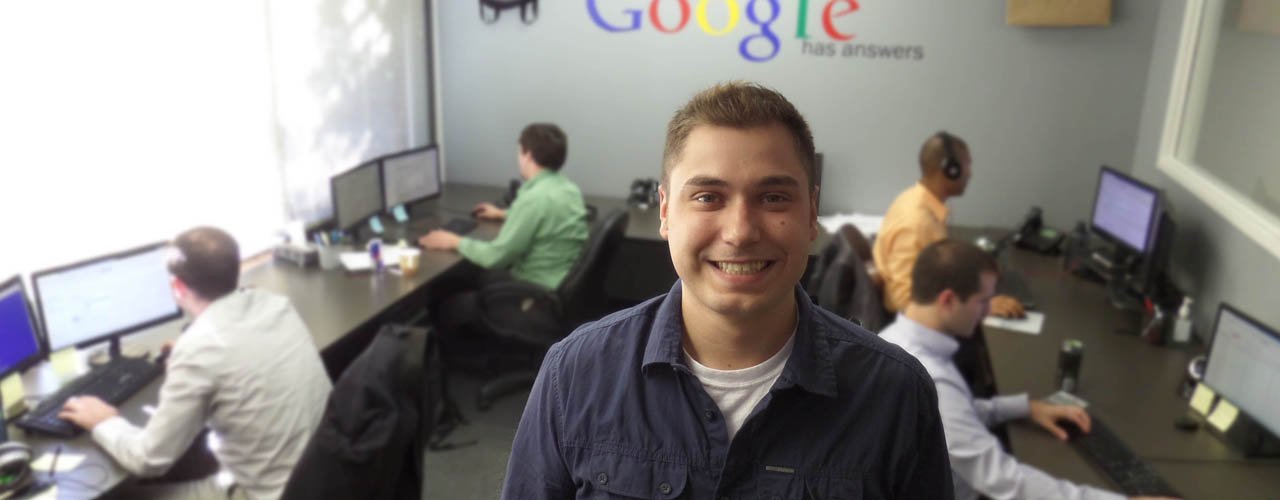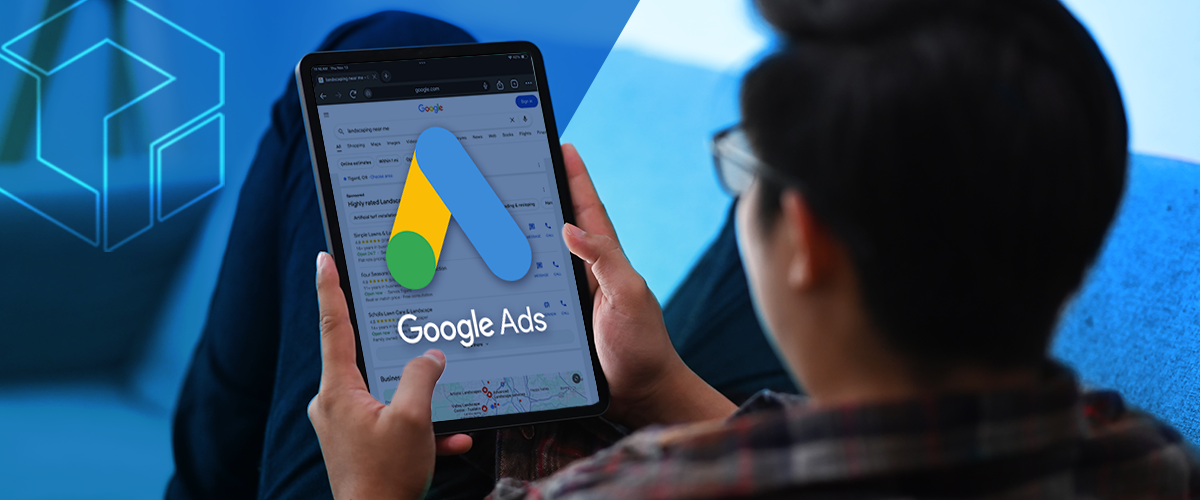A few weeks ago I sat down with our VP of Operations, Logan Bennett, to find out more about what goes on with building PPC accounts. He’s our go-to guy when it comes to AdWords diagnosis and strategy development, and the head of our search team.
On How He Got Here:
I graduated with a degree in Finance in 2009, which wasn’t the best time to get a Finance degree. I started working for LP and soon realized that as the company grew, there was a need for someone to take over the reigns of the campaigns. I just put the time in — spent a lot of late nights studying after work and attending local SEM events like Searchfest and SEMpdx. Knowing how to manipulate large sets of data and find the “useful” data has been a big benefit.
On His Favorite Part of the Job:
I’m always engaging with different clients in different industries. It’s been a great way to get a better idea of what industries are out there and what ideas people are pursuing in business. This is an exciting, rapidly evolving industry where the rules of the game change frequently.
On the Advice He Would Give to an Advertiser in a Niche Industry:
The most important thing to understand before moving forward with the advertising is who you are as a company, what makes you competitive, and what your business goals are. For new-to-industry products, which we get a lot of, it’s always tough, but it’s really important to understand who your consumer is. From there, you can develop customized solutions to help your campaign succeed.
On His Favorite AdWords Tools:
When you’re working with computers all day long, it’s great to know how to simplify your tasks. I would still say that my favorite tools are some of the basics: the Keyword Planner and AdWords Editor. You’d be surprised how much time they save!
On Most Common AdWords Mistakes:
With larger advertisers, I see both ends of the spectrum. Often, they can either be too restrictive and not willing enough to take risks to get more from their advertising, so they’re missing out on potential business.
Other times, people are way too broad and are willing to lower their qualification standards to get traffic. Some advertisers think that traffic is traffic, but every click is not equal — the relevancy of the user, the time that you hit them, the message you use, and where you’re targeting them are all incredibly important.
It’s best to take a holistic approach, considering what you value and where you’re going to get more relevant users. This will help you develop a good strategy that isn’t too restrictive and too broad, so you can give yourself the opportunity to test new markets.
On Branding with AdWords:
There’s a lot of evidence that supports that branded keywords are a good practice. It’s important to control your brand, which means managing what people see when they look for you online, what links show up for which keywords, and where they go when they click on a specific link. It helps present a strong brand image.
Getting on the front page is important. Most people my age go online and they want to get a sense of who the company is — making sure that you’re up there and that people aren’t having to search a lot of different areas to find you will help ease the facilitation of the communication between the user and the company.
It’s really important to bridge the gap between what consumers want and what you have to offer. It’s important to make sure that the route to the sale is seamless and easy; if your information is tough to find, you’re not going to keep our attention long. Also, to help with branding, going beyond Search ads to Display and Remarketing really help make sure your brand sticks.
On How He Diagnoses AdWords Problems:
I usually start by looking at recent changes and history, trying to identify where the results dip. Usually there is something in there that gives away what went wrong. I check that the ad copy is convincing enough to get clicks. If we’re getting the traffic there, I take a look at the website to see where the disconnect lies. If I don’t find anything there, I always consider industry or seasonal changes. It’s advertising — we’re still subject to business fluctuations!
On Why He Thinks Digital Marketing is Important:
In today’s world, being where your consumers are and giving them something to engage with are the most effective ways for companies to get their message out in a cost-effective manner. The beauty of digital is direct attribution. Until now, we’ve never really been able to attribute advertising as effectively, but digital marketing allows you get your message across to people who care.
On What’s in Store For AdWords:
Search ads will be around as long as people are searching for things on the Internet. Display ads will continue to develop as time goes on and be crucial for branding. There might be some user fatigue right now with banner ads, but we can help this by focusing on relevancy and getting more creative with our ad content. We need to intrigue users with more minimal copy and more segmentation so that the ads are showing for things that they are interested in. A good rule of thumb: the more relevant the ads to the user, the better the response!

Logical Position, an Inc. 500 digital agency supporting 5,000+ clients across North America. LP is the proud recipient of Google’s Lead Generation Premier Partner of the Year and Microsoft's Global Channel Partner of the Year 2024! The award-winning agency offers full-service PPC management, SEO, Paid Social, Amazon and Creative Services for businesses large and small. As a Google Premier Partner, Microsoft Elite Partner & Meta Business Partner, LP is in the top 1% of ad spend managed across platforms.



